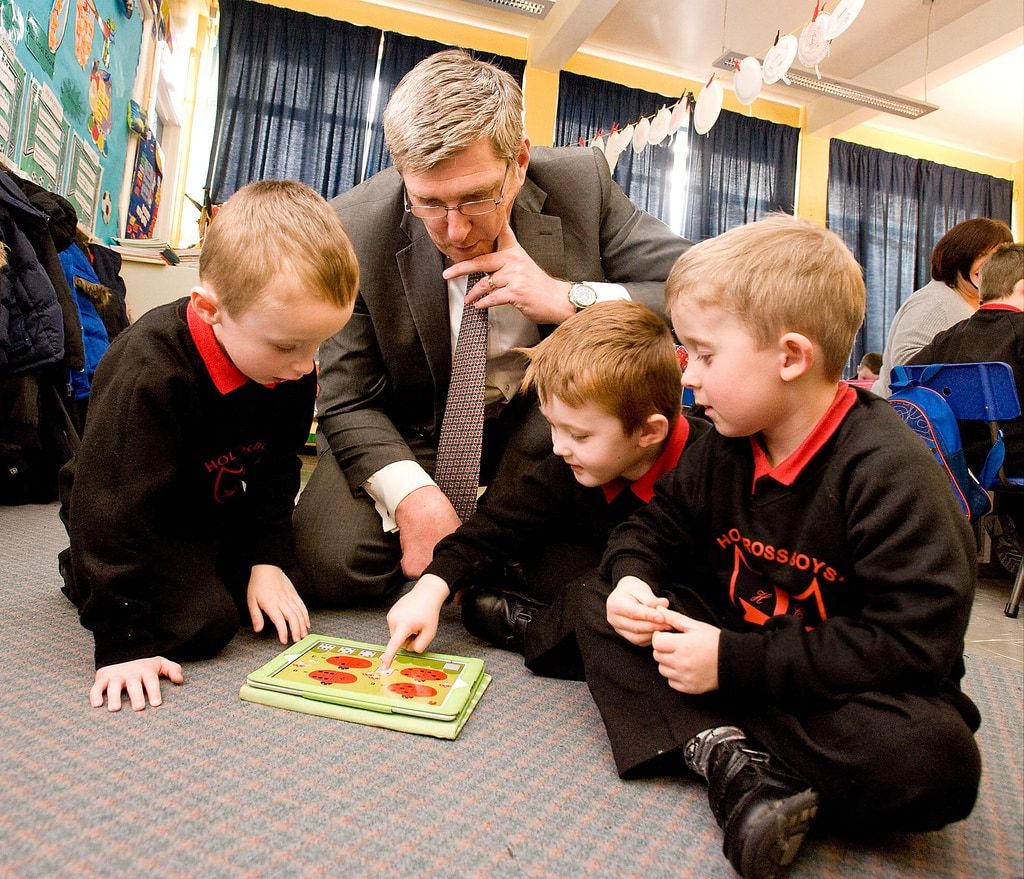
With new schools, come new resources
Published
Wednesday, 30 August
Author
Mark Rosser
Categories
Blog
August
Share
At the end of July, the Department for Education (DfE) announced that 19 local authorities had opened bids for the creation of new free schools for children with special educational needs or a disability (SEND). Schools minister Lord Nash said: “Free schools are providing many good new school places in response to the needs of […]
This content is restricted to BESA members
LoginNot yet a member?
Become a part of the BESA community and unlock exclusive business advantages, including:
- Trusted provider status to enhance your industry credibility
- Exclusive discounts on major exhibitions and events
- Access to vital sector insights with resources like the BESA Barometer and Compass reports
- Networking opportunities with industry leaders
- Exclusive business benefits designed to help your organisation thrive
Join now and take advantage of BESA's membership benefits to stay ahead in the industry.
Become a member